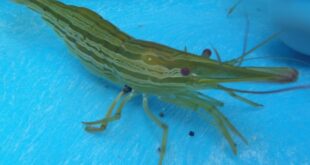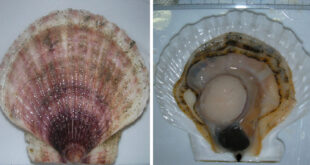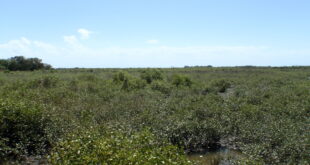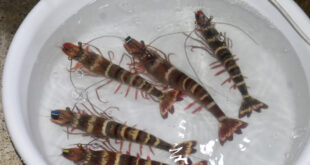To promote awareness of food security through responsible aquaculture, SEAFDEC/AQD joined the celebration of World Food Day with this year’s theme, Food prices – from crisis to stability.
AQD and the South East Asia Fish for Justice Network (SEAFISH), conducted a Training course on capacity building on good aquaculture practices which was attended by 19 participants from Myanmar (2), Indonesia (4), Vietnam (2), Cambodia (2), and Philippines (9) from 11 to 15 October at AQD’s Tigbauan Main Station (TMS) in Iloilo, Philippines.
Funded by SEAFISH, this training aims to educate its members on the science and socioeconomic & environmental impacts of aquaculture. Among the topics tackled were aquaculture development, policies & programs in Southeast Asia, shrimp & abalone culture and seaweed farming. The participants also visited AQD’s stations in Igang, Guimaras and Dumangas, Iloilo.
On another occasion, AQD welcomed Dr. Masashi Kodama of National Research Institute of Fisheries Science, Fisheries Research Agency in Japan as he gave a lecture on Nitrogen dynamics in shrimp and pond and environmental improvement ability of sandfish on 13 October, also at TMS.
Dr. Kodama noted that sandfish have a potential to clean the sediment containing detritus, such as feces and leftover feed of shrimp and reduce the organic load in shrimp ponds. However, he said that the clean up of water and sediment by sandfish is not efficient in full-scale ponds.

 SEAFDEC/AQD Southeast Asian Fisheries Development Center | Aquaculture Department
SEAFDEC/AQD Southeast Asian Fisheries Development Center | Aquaculture Department



